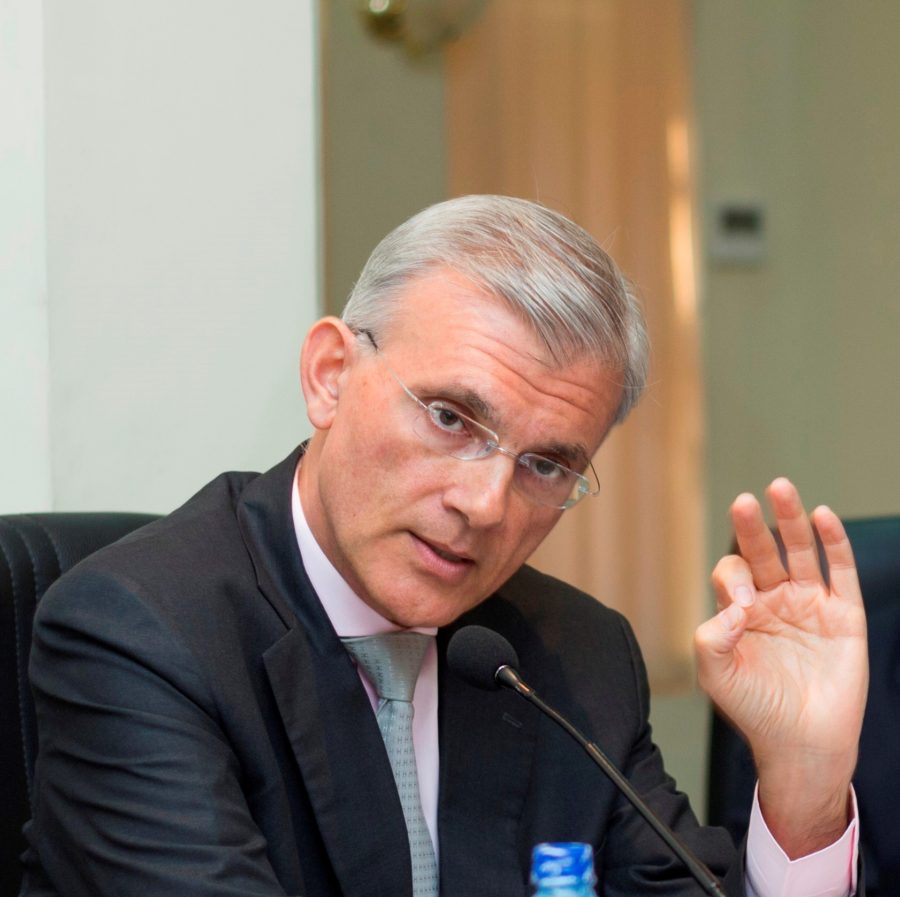January 6, 2017 Reading Time: 2 minutes

Reading Time: 2 min read
Image credit: Fluke, by Ruvin De Silva
Professor Razeen Sally, Associate Professor at the Lee Kuan Yew School of Public Policy, of the National University of Singapore, addressed a high-level policy round table discussion on “The Global Order and Asia in the Age of Trump: What it means for Sri Lanka.” The discussion was organised by the Lakshman Kadirgamar Institute (LKI), and held on 6 January 2016 as part of LKI’s global governance programme and Foreign Policy Round Table series.
Professor Sally considered the different scenarios that could materialise under a Trump administration, and explored their implications for Sri Lanka. The most likely scenario is that the US becomes more protectionist and isolationist. However, this would be undesirable for small states like Sri Lanka, who would benefit most from a scenario in which the US maintains a high level of leadership and engagement in Asia through the provision of regional and international public goods.
Professor Sally emphasised that the US provides essential regional and international public goods related to economics and security. In addition, it is unlikely that international groupings lacking in US leadership, or any other region or country, such as Europe and China, would be able to provide those essential international and regional public goods – at least in the foreseeable future.
Professor Sally advised policymakers to maintain Sri Lanka’s relationship with the US, even under a Trump administration, and to be cautious in assuming that the US is a diminishing global power. Policymakers are also advised to ensure that openness in trade and capital flows is maintained, and to work towards harnessing the benefits of a liberal open order for Sri Lanka’s development. It would also be prudent to consider the economic and security policies that should be implemented in the event that the liberal open order is replaced with another, such as a mercantilist order.
This foreign policy round table was attended by senior officials of the Ministry of Foreign Affairs and the diplomatic corps. It was also attended by heads of leading private sector organisations, and representatives of other governmental bodies, international organisations, think tanks and the press.
Participants had an opportunity to ask questions, and engage in a broader discussion on the implications for Sri Lanka in the emerging global order. The discussion was moderated by the Executive Director of LKI, Dr. Dinusha Panditaratne.
For more information please contact LKI Programmes, at programmes@lki.lk or visit www.lki.lk